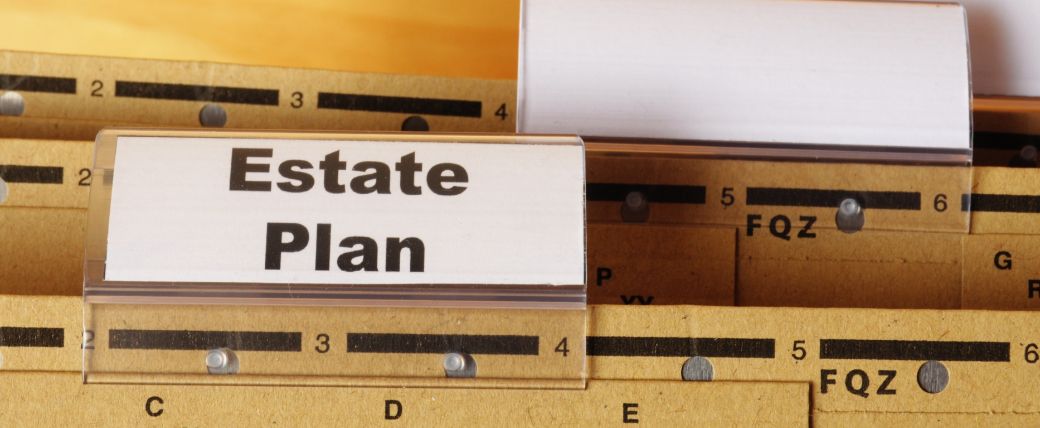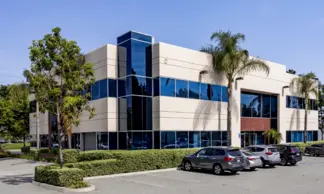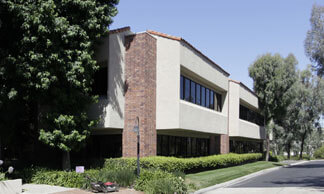Call us today(714) 994-4900
What Is the Difference Between Executor, Trustee & Guardian in California?

Categories: Estate Planning
Planning for the end of your life can be difficult. Not only do you have to face the concept of your own mortality, but you also must plan for your family to move on without you. This process can be extremely emotional. It often causes many people to avoid estate planning altogether.
In reality, estate planning is an act of love and care. When you create a roadmap for what will happen when you die, it takes pressure and responsibility away from your loved ones. If you do pass away, an estate plan tells your family what to do and how to do it. This can be a significant relief to grieving individuals.
To create a reliable estate plan, it is important for you to know key concepts and terms related to the process. Contrary to what most people realize, there are many different options for your estate plan. Understanding them allows you to make informed decisions about the future of your hard-earned assets. It can also help you determine who will be responsible for them when you pass away.
Wills and Executors
A will is a very basic estate planning document that most people should have. It can outline the beneficiaries of your major assets. It can also assign guardians for your dependents, if you have any. Anyone who has a home, children, or other significant assets should have a will.
An executor is the person who will carry out the wishes that you outline in your will. They will be responsible for distributing your assets after the probate court releases them. They will be able to make educated guesses about what you would want if there is uncertainty or some of your wishes are no longer possible. This person should be a trusted individual. They must also be someone who will not be too overcome with grief to handle the practical side of your death.
Trusts and Trustees
Trusts are estate planning accounts that are much more complicated than wills. However, they can also provide significant benefits that other options cannot. For example, most trusts do not go through probate. This means that more money goes to your beneficiaries and less goes to the state.
When you create a trust, you appoint a trustee. This person is responsible for the assets in the trust, even while you are still alive. Upon your death, the trustee distributes the assets in the trust to your beneficiaries and works to carry out your wishes. An executor and a trustee perform similar functions. However, the former is for a will, and the latter is for a trust.
Guardians
Whether you have a will or a trust, you should assign guardianship in several capacities. In your will, you should outline who will care for your children and other minor dependents if you pass away before they turn 18. This helps ensure that your children remain with a trusted individual. This can prevent them from being placed with someone they do not know or in the foster care system.
However, your children are not the only individuals who may need care. It is possible that you may someday be in a place where you cannot make decisions for yourself. While a conservator can make financial decisions, you should also appoint a guardian for yourself. This person will make basic decisions about where you will live, how you will be cared for, and what kind of care you will receive.
When you name a trusted individual as your guardian, you can speak with them about your wishes and prepare them for the possibility of this role. If you fail to assign a guardian, the job may fall to a child or next of kin. They might feel unprepared or incapable of doing what you are asking them to do.
FAQs About the Difference Between Executor, Trustee & Guardian in California
Is a Trustee the Same as an Executor in California?
Not exactly. A trustee oversees a trust, while an executor oversees a will. Although they both distribute assets upon the guarantor’s death, the trustee works closely with the guarantor during their lifetime as well. The trustee essentially “holds” the guarantor’s assets while they are alive. They then transfer the assets to their beneficiaries upon death. A trustee often has far more responsibilities than an executor. However, some of the basic tasks are the same for both individuals.
Should a Trustee and Guardian Be the Same Person?
Although you can name the same person as your guardian and trustee, it is not a good idea to do so. A guardian handles daily decisions about personal care and living situations, while a trustee needs to oversee the financial aspects of the trust. Many people name a professional or a trained family member as a trustee and opt for a loved one as their guardian. Giving one person too much responsibility can create stress and lead to mistakes.
Does a Trustee of a Trust Get Paid in California?
A trustee may be allowed a reasonable amount of compensation for their services. However, it must be clear that they are not stealing or taking money from the trust. The trustee cannot be a beneficiary and should be as uninvolved in the monetary benefits of the trust as possible. If they do get compensated for their services, the beneficiaries have the right to challenge the amount that the trustee receives. They can also question the ethics of their actions.
Do I Need an Estate Planning Lawyer?
It is possible to create an invalid will or trust if you do not have a professional to help you. Because of this, you should work with a qualified estate planning attorney when you create your estate plan. Whether you are making a will or a trust, you can benefit from the training and inside knowledge that an attorney provides.
Contact Sakamoto & Ruelas, APC
Our team at Sakamoto & Ruelas, APC, is thoroughly trained in creating wills and trusts. If you have questions or concerns about who to name as your trustee, executor, or guardian, we can help.
For more information or to schedule an appointment, contact Sakamoto & Ruelas, APC.
Request a Consultation
Fields Marked With An ” *” Are Required
Sakamoto & Ruelas, APC
Secure Your Home, Family And Future. Plan Today.
Contact Us
Call Our Office At (714) 994-4900

Cerritos Office
Main Office
18115 Valley View Avenue
Suite 201
Cerritos, CA 90703
Phone: (714) 994-4900




